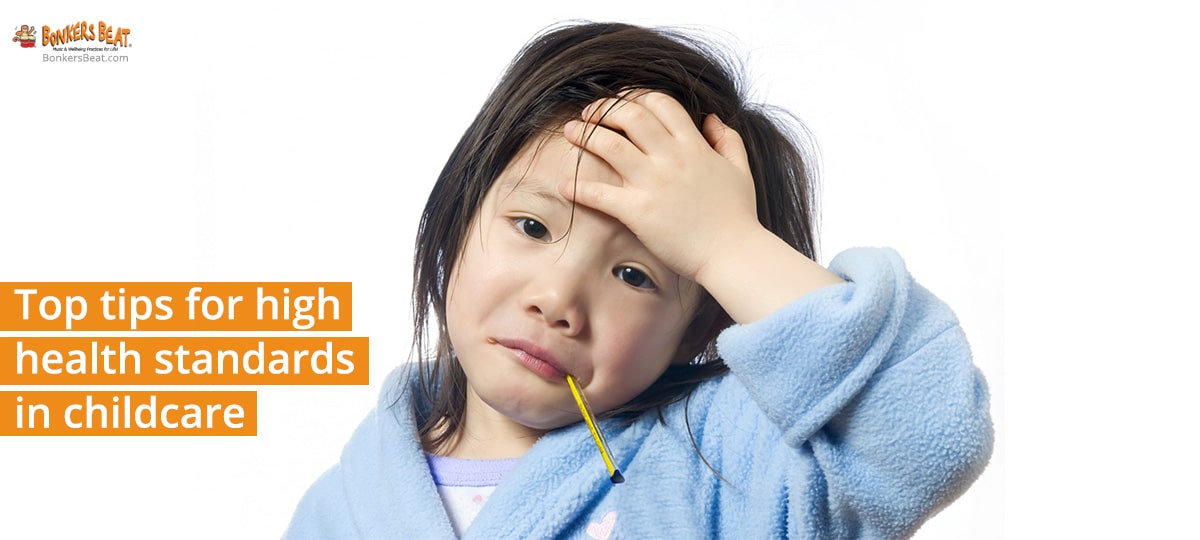As we all know, children aren’t always “naturals” when it comes to good hygiene habits! While we encourage playing in the dirt, exploring nature and getting creative, there should always be support for practicing good hygiene and safety too. Children often need extra support when it comes to creating and sustaining these habits.
Below are some tips for upholding high standards of health and hygiene in childcare settings. They will not only help everyone stay safe and healthy but they will also help you to meet Quality Area 2 of the National Quality Standard.
1. Handwashing should be second nature
Handwashing is a simple way to reduce the spread and potential ingestion of germs. Help children to get used to handwashing after playing, using the bathroom and always before eating.
- Use images and signage around the centre as reminders
- Set times for handwashing
- Make soaps and taps easy to use
- Have a handwashing song that encourages action and duration of adequate handwashing (here are some to try)
Ensure all educators and staff lead by example!
2. Covering your mouth to cough and sneeze
A simple but effective practice to embed in your centre is covering mouths when a sneeze or cough is ready to escape. Ensure tissues are readily available around your centre and are placed in the bin once used.
Another clever thing children can learn, especially for those coughs and sneezes come along when we aren’t prepared, is coughing and sneezing into the elbow. Here’s a handy poster you could print for your service that demonstrates this technique.
3. Have an illness policy in place
Getting sick from time to time is inevitable. No matter how healthy and cautious families and educators are, illness does happen. It’s important to manage it well. A good policy will ensure that if you are unwell you remain home so that others are protected from sickness. Take note of different exclusion periods for illnesses via Health Vic.
Help parents assess whether their child should attend childcare or kinder with these three questions from Care for Kids:
- Will my child be well enough to comfortably and happily participate in the activities of the day?
- Will my child’s care provider be able to care for my child without it affecting their ability to look after the other children?
- Will my child pass the illness on to their playmates if I send them in today?
4. Avoid Sharing
Children often want to share cups and utensils, but it can increase the risk of germ spread. On top of encouraging children to keep their own cups, plates and spoons to themselves, labelling can be a useful approach. There’s nothing children enjoy more than spotting their own name on something and knowing they have a special item to themselves.
5. Keep the centre clean as can be
Staying on top of disinfecting toys, bedding, carpets, toilets and surfaces at your centre is the best way to ensure that your service doesn’t become a hub for illness spreading germs. Hospital grade disinfectants will be the best bet to kill nasty germs and keep everything safe for playing, resting and learning!
What hygiene practices do you have in place to keep children’s health protected at your centre? Share with us via Facebook!





